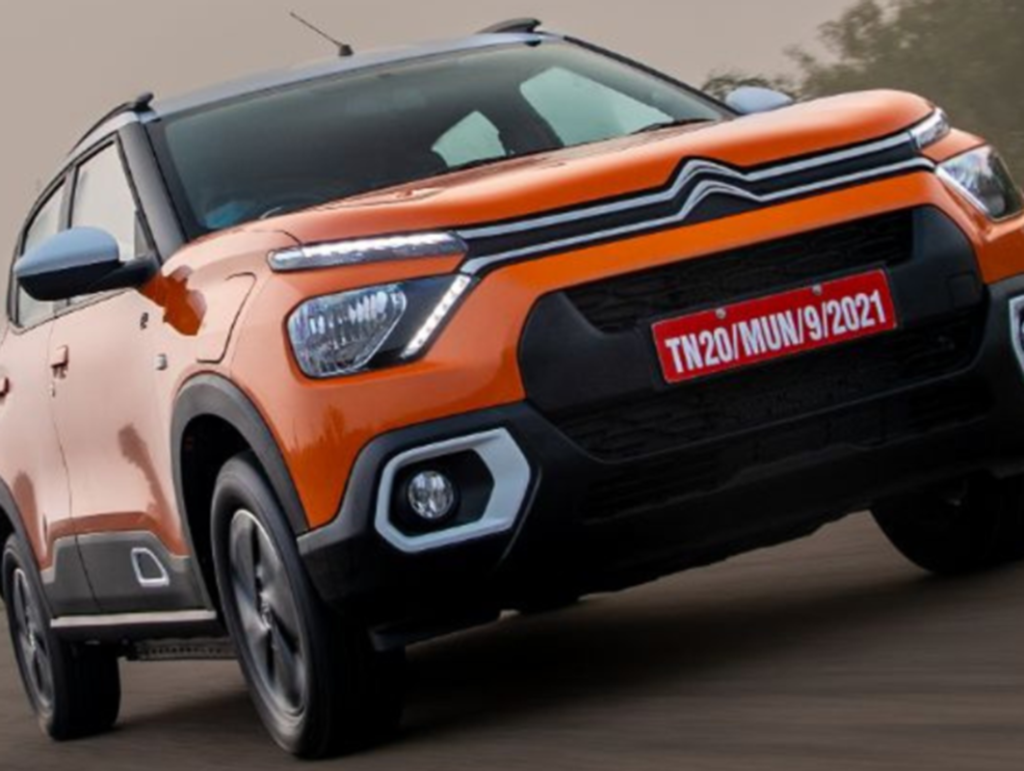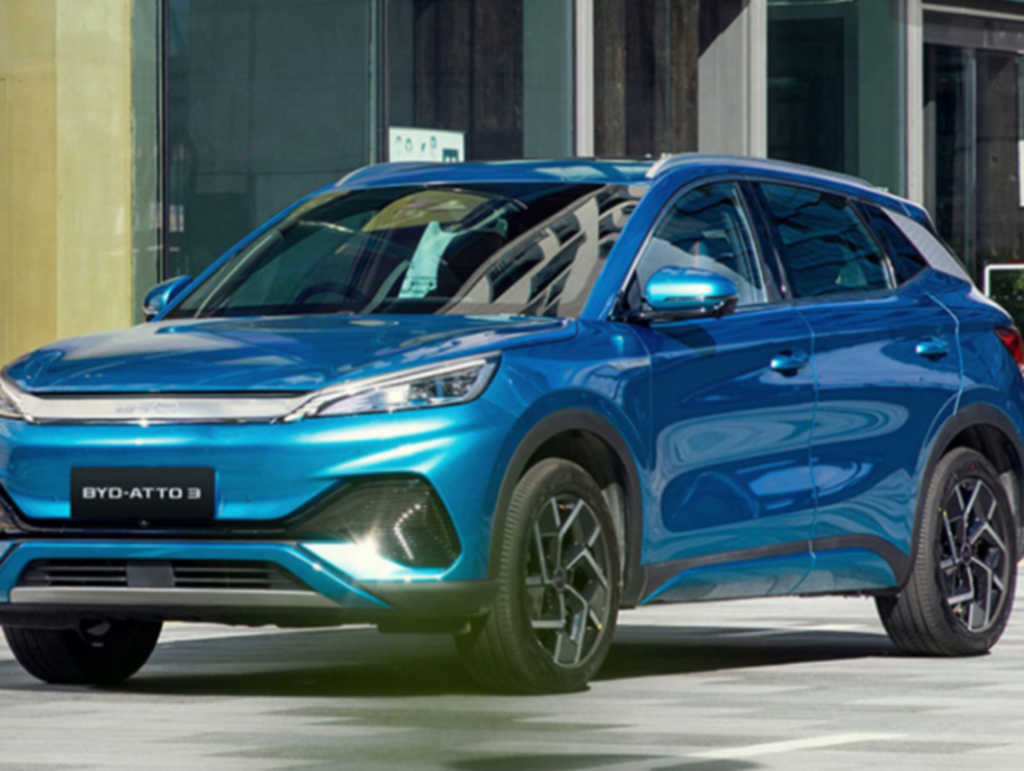Introduction:
The top-selling electric car manufacturers of India in the year 2023 are Tata Motors, MG Motor, Mahindra & Mahindra, Hyundai, and the fifth one of the PSA group Citreon. The Indian Brand Tata Motors is leading in the list with a total of four models of its electric vehicles and of price range between Rs.8.69 for its base model to Rs.19.94 lakh of its upper model cars. The other best-selling brands are MG at position two, Mahindra & Mahindra at position three and Hyundai achieved position four followed by the PSA group Citeron at position fifth.
The details of the top-selling brand and models are as discussed below:
1. Tata Motors Electric Car (Tata.ev):

Tata Motor is the leading electric car manufacturer in India. Tata Motors has recently renamed its electric vehicles as Tata ev. The company is currently offering four models in India as Tata Punch ev, Nexon ev, Tiago ev, and Tigor ev.
Top 5 Tata Electric Cars in India:
| Sl. No. | Model | Price In New Delhi |
| (i) | Tata Punch ev | Rs. 10.99-15.49 Lakh |
| (ii) | Tata Nexon ev | Rs. 14.74-19.94 Lakh |
| (iii) | Tata Tiago ev | Rs. 8.69-12.04 Lakh |
| (iv) | Tata Tigor ev | Rs. 12.49-13.75 lakh |

Tata Punch ev is the most popular electric car of Tata Motors with a price range of Rs.10.99 to Rs.15.49 Lakh.
(ii) Tata Nexon EV:
Next is the Tata Nexon ev with a price range between Rs.14.74 to Rs.19.94 lakh. The all-new Nexon ev is the game changer EV representing a stunning leap forward in design, cabin comfort, performance, technology, and safety.

(iii) Tiago EV:
Tata Motors Tiago. ev is the cheapest model of Tata Motors with a starting price of Rs. 8.69 Lakh. It comes with awesome interiors and features that make every drive super exciting. Tata Motors is the Top-selling 4W electric vehicle manufacturer in India.

iv) Tigor. ev:
Tigor. ev is another popular electric vehicle of Tata Motors and is coming in a price range of Rs. 12.49-13.75 lakh.

2. MG Motor Electric Car:
MG Motor offers two electric cars in India in the form of ZS EV electric SUV and Comet EV – India’s most affordable electric car. MG came second in the month of August ’23 with 1,150 EVs sold.
(i) MG ZS EV:
MG ZS EV electric vehicle is a sports utility vehicle, its base model starts at Rs. 22.88 lakh, and the top model goes up to Rs.26.00 Lakh. Its battery range is 461 km. Battery capacity is 50.3 KWh and its battery takes 16 hours to charge at its full capacity.

(ii) MG Comet Electric Car:
The MG Comet is an ultra-compact, electric city hatchback that wows with its design and usable city driving range. The Comet EV starts with a price of Rs. 7.98 Lakh and the top model price goes up to Rs. 10.63 Lakh (Avg. ex-showroom). The battery range is 230km and its charging time is 7 hours at 220 volts.

3. Mahindra & Mahindra:
Mahindra & Mahindra is the third in the electric vehicle segment with just one model XUV 400.

Mahindra XUV400 EV price starts at Rs. 15.49 Lakh and the top model price goes up to Rs. 19.39 Lakh. XUV400 EV is offered in 7 variants – the base model of XUV400 EV is EC Pro 345 kWh and the top model is Mahindra XUV400 EV EL Fast Charger DT.
4. Hyundai Electric Car:
Hyundai India Motors has launched two electric cars in Indian Market-:
(i) Hyundai Kona Electric:
This car is the most popular model of Hyundai with a price range of Rs 23.84 lakh to Rs. 24.03 lakh.
The driving range of the Hyundai Kona is 452 km with a battery of 08 years and approx. 160000 km warranty.

There are 2 Hyundai Electric cars currently available for sale at starting price Rs 23.84 Lakh Lakh. The most popular Hyundai Electric cars are Hyundai Kona Electric (Rs. 23.84 – 24.03 Lakh), Hyundai IONIQ 5 (Rs. 45.95 Lakh). To know more about the latest prices and offers of the best Hyundai Electric cars in your city, specifications, pictures, mileage, reviews and other details, please select your desired car model from the list below.
(ii) Hyundai Ioniq 5:
The Hyundai Ioniq 5 is an electric vehicle with all the necessary and luxurious features with ease of drivability and good range. It’s base price starts at 46.05 lakh.

The Hyundai Ioniq5 and Kona electric vehicles helped Hyundai EV to be placed fourth place in the Indian electric vehicles market in the year 2023.
4. PSA Group Citroen:

PSA Groupe currently offers one EV in India i.e. the Citroen eC3. In February 2023, Citroën India launched an electric variant of C3 under the name Ë-C3. The car was launched about 6 months after the C3’s launch. Its stated range is 320 kilometers (200 mi) per charge. Citroen managed to sell 111 units of the eC3 in the Indian market last month. Citroen was in fifth place in the electric vehicles Indian Market.
6. BYD:

BYD is a Chinese car manufacturer and it was listed at sixth position in Indian Electric Vehicles market in the year 2023 by selling a total number of 93 units of Its Atto 3 electric SUV and e6 MPV.
The BYD cars in India starts from Rs. 29.15 Lakh for It’s E6 model and the other model Atto 3 comes with a price range of Rs 33.99lakh to 34.49 lakh.
Conclusion:
India is leading in its electric vehicles manufacturing market under the banner of Make in India, and Tata Motors is representing and proving at its full capacity and the innovative technologies. In Indian market, the electric cars are also available at an affordable price of Rs8.96 lakh to a premium range also.

